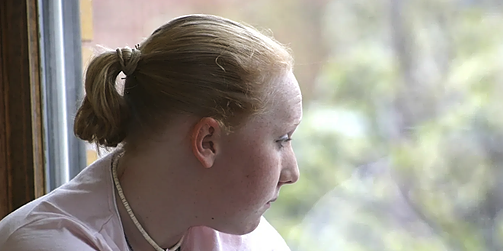Suicide is a difficult topic, but it’s too important to ignore. Suicide is the second leading cause of death for young people ages 15 to 24. Despite a common belief that only teens and adults die by suicide, younger children can also be at risk.
Depression and suicide often coincide. Yet not everyone who is depressed attempts suicide — and not everyone who attempts suicide is depressed. If you’re a parent, a teacher, or anyone who spends time with children and teens, it’s important to learn the warning signs. These tools can help you prevent youth suicide.
Risk Factors
Several factors increase the risk of suicidal thoughts or behaviors, including:
- Mental health disorders such as depression, anxiety and other mood disorders
- Alcohol and substance use
- Impulsive behaviors
- History of trauma or abuse
- Family history of suicide
- Previous suicide attempt(s)
Warning Signs
Not everyone exhibits the same signs that they’re thinking about suicide, but these warning signs are cause for concern:
- Physical changes in appearance or hygiene
- Increase in alcohol or drug use
- Sudden drop in grades
- Social withdrawal
- Talking about suicide or preoccupation with death
- Risky or reckless behaviors (such as reckless driving or unsafe sex)
- Self-harm behaviors such as cutting
- Talking about feeling hopeless or having nothing to live for
- Researching suicide methods and/or acquiring weapons
If you have any concerns about a young person’s mental health, take action — these steps can help:
- Express your concern. It’s a myth that if you mention suicide, you might plant the idea. By honestly and openly expressing your concerns, you’ll send an important message that you care and understand.
- Really listen. Parents can be tempted to shut down an upsetting conversation by saying, “I don’t want to hear those things,” or “I had a hard time as a teen, but I got over it.” Instead, say, “Tell me more about how you’re feeling.” Then listen.
- Maintain connection. You might want to safeguard a child or teen by keeping him home in a protective cocoon, but isolation can increase the risk of suicidal behaviors. Help a struggling child maintain connections with friends and loved ones. As a parent, spend extra time with your child. Even watching TV or playing video games together sends a signal that you’re there.
- Be compassionate. Express your love for the child or teen. Tell her you hear her pain, that it can get better, that you will make sure she gets help and will support her every step of the way.
- Trust your judgment. If a young person denies that he is having suicidal thoughts, but you doubt his honesty, trust your intuition. Take further steps to ensure his or her safety.
- Prioritize safety. Remove weapons from the house, make sure the child or teen is not left alone and consult a mental health professional right away.
Source: Credit to the American Psychological Association: https://www.apa.org/helpcenter/teens-suicide-prevention.aspx
References:
Beresin, E. (2014). When a Teenager is Talking About Suicide. Psychology Today. Retrieved October 1, 2018 from: https://www.psychologytoday.com/ca/blog/inside-out-outside-in/201409/when-teenager-is-talking-about-suicide.
Nickerson, E. (2018). Talking to teens about suicide. Education Development Center. Retrieved October 1, 2018 from: https://www.edc.org/talking-teens-about-suicide.
Rudlin, K. (2017). What to say to a suicidal teen. VeryWellMind. Retrieved October 1, 2018 from: https://www.verywellmind.com/what-to-say-to-a-suicidal-teen-2611331.













